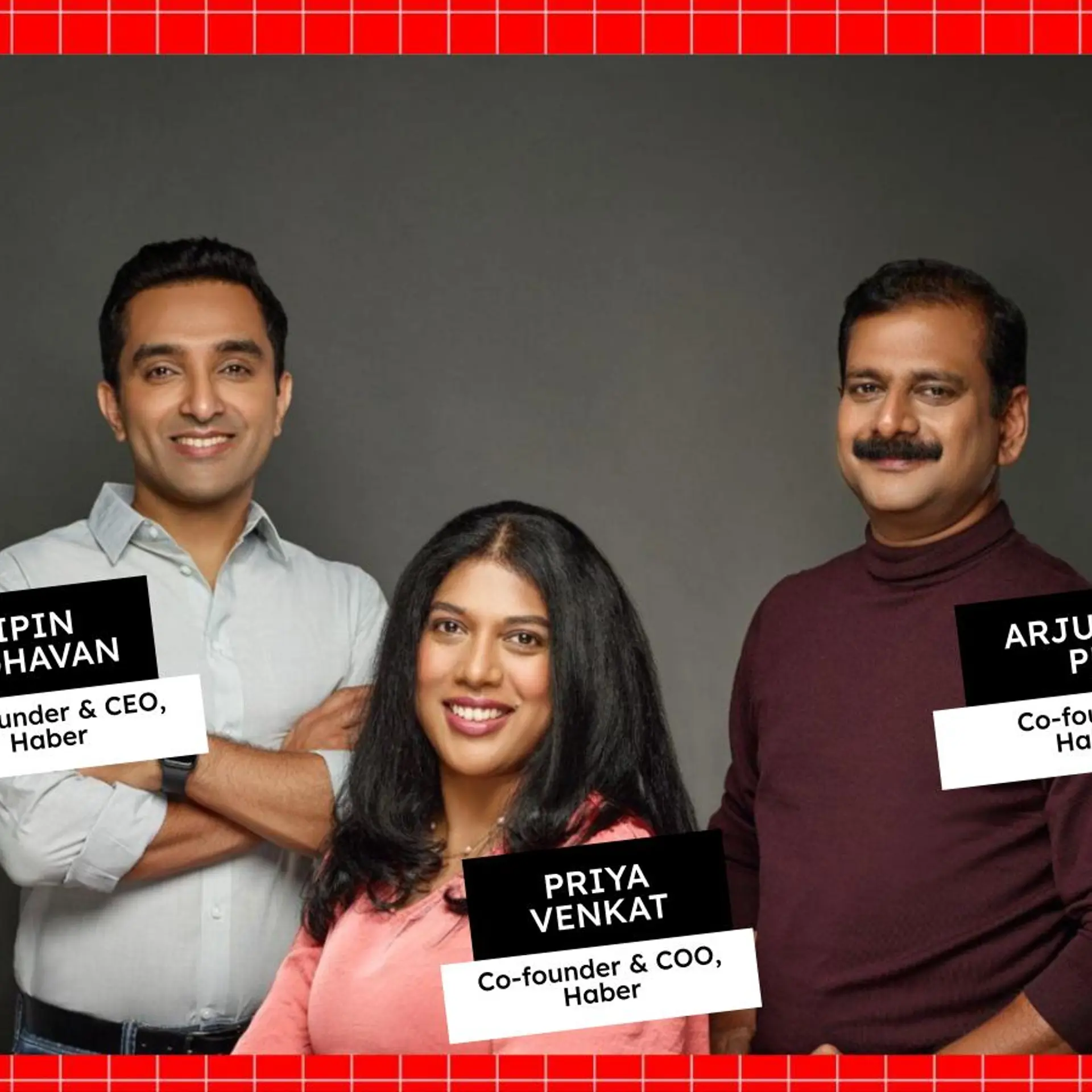Will a Global Product Tech Company Emerge from India?

One thought that struck me when the presentations were made was: Will a global product tech company emerge out of India? If you look at the gains that we have made over the past few years, the record is impressive. Many Indian product companies have a global reach and by that I mean only technology companies. Service providers have a global positioning and presence. But products is a different game. I posed this problem to Gautam Gandhi, Head – New Business Development Emerging Markets, Google. He said it will take another 10 years. He drew parallels with the risk appetite of American entrepreneurs against the risk appetite of Indian entrepreneurs. He quoted the examples of India’s global companies in petroleum (Reliance), mobile services (Airtel), and of course technology services (Infosys, TCS, Satyam, Wipro, Cognizant). He spoke of some business communities in India having the risk mindset. What I have seen over the three years that I have known product tech is the Indian product entrepreneur’s thought-level evolution. No product entrepreneur develops a product keeping only India in mind. But if you take Tally, it’s a company solving a specific accounting problem related to Indian businesses and they have gone big. Still the product entrepreneur is enthused by the available global market. That is a positive first step.
What makes a company global? Is it a presence in x number of counties or selling to x number of companies through the Internet, or is it some billion dollars of revenues? I think if you are present in more than three countries or selling in more than three countries you are a global company. It’s much more than that of course. Being global means customers recalling your brand in several geographies. When Steve Jobs died, he was mourned in America, Asia, Australia and Europe – almost in all continents. That’s global impact. For that to happen, you have to develop a product that appeals to people across cultures and geographies. You will be amazed to learn that Scandinavian countries have made a global impact sensing their own markets are too small. Skype and Nokia are two examples. I buy AVG, anti-virus software, which is developed in Cyprus. In India, we have the twin advantage of a big local market also. It will be up to the ingenuity of the entrepreneur to crack the local market first and then go after the global market. This is what Narendra Bhandari, Intel’s Director, called hypolocal. First, it is the mind level thinking of beyond local and spanning global. Second, it’s the ability to create a brand that is known in several countries.
Maybe Shailendra Singh, MD, Sequoia, has sensed that Indian product tech entrepreneurs are eager to know how to build a global company. I asked him what prompted him to make that significant keynote distilling learnings from his portfolio companies. He said, “there might be four or five world-class companies in the audience.” What he is looking into the future is entrepreneurs arming themselves with the requisite mindset and capabilities to become global entrepreneurs. You have investors ready to back you! All you have to do is create that ground-shattering, compelling world product.
It’s also that we don’t talk many times about non-American entrepreneurs. Bill Gates, Steve Jobs, Michael Dell, Mark Zuckerberg are recalled several times in our conversations but not Niklas Zennström and Janus Friius, Skype founders. Does anyone know about Fredrik Idestam and Leo Mechelin, founders of Nokia or that Nokia is the name of a town in Finland? Media plays a big role in planting these names into our minds. And the American media knows how to write compelling stories. While we focus upon entrepreneurs, we also should have the media focus on them. YourStory is trying to fill in that role in a small way. Online media’s reach is restricted to the Internet community but still we found that many of our stories found their way into the mainstream media too. When we released the first five TechSparks in 2010, many people hardly knew them. Now they are talking about ArrayShield in a very evocative way. Many of our Tech 30 companies of 2011 regularly found good press.
So, it’s not that only entrepreneurs have their vision set on making a global impact, it’s also the media that should play a stellar role in focusing on these entrepreneurs to give them a global reach.







